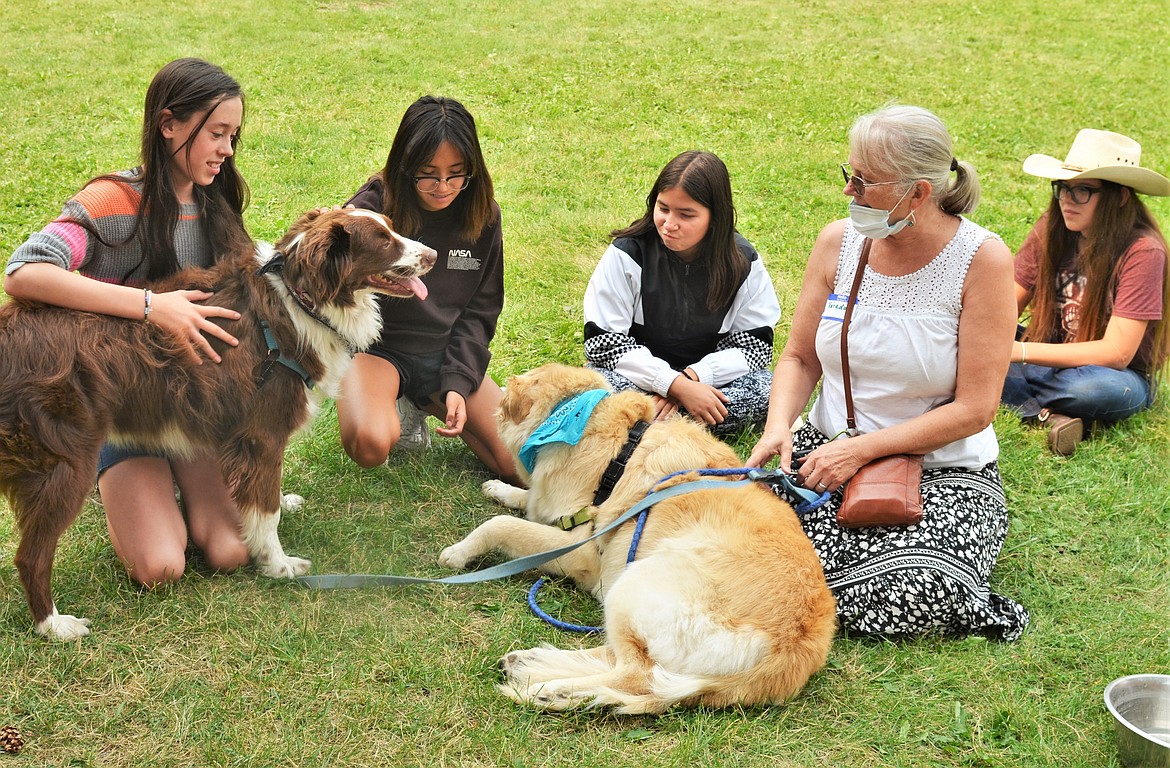Kids, animals heal together in Arlee
ARLEE — For five days last week the nascent nonprofit Arlee Rehabilitation Center (ARC) brought together kids and critters.
There were kids hugging dogs and giving them belly rubs; kids learning to read animal behavior and empathize with their needs; kids gaining confidence to safely approach and lead a horse or donkey several times their size; and kids learning to relax and allow the soft kindness of animals to help them deal with the difficulties in their lives...
Become a Subscriber!
You have read all of your free articles this month. Select a plan below to start your subscription today.
Already a subscriber? Login





